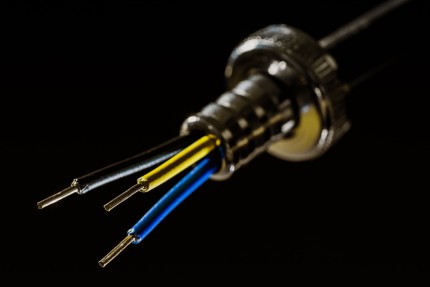When it comes to electrical goods, properly disposing of them is essential. You can’t just pick up any electrical product and throw it in the trash for your weekly collection. There are many things that you must take into consideration like what they’re made from, if they contain hazardous materials, or if they are completely broken or salvageable. Here are tips from the team at Westway Electric Supply on how to dispose of electrical goods:
Electrical Wire Cord and Cables – Don’t throw in the garbage or the recycle bin. These should be recycled as scrap metal because they usually contain copper and/or aluminum.
Conduit and Raceways – It’s best to recycle conduits and raceways. If they’re made of steel, you can recycle them as scrap metal.
Batteries – Single-use batteries can be thrown in the garbage alongside your everyday household waste. Rechargeable batteries should never go in your regular trash. Instead, these types of batteries should be recycled. Most home improvement or office supply stores have kiosks where you can drop off old rechargeable batteries.
Electrical Tools – There are a few ways you can dispose of power tools. If it still works, you can sell them or donate them. If it’s not repairable or usable, you can remove the batteries (recycle these!), drain the fluids and throw it in the garbage. You can also try to send them back to the manufacturer.
Fans and heaters – Broken fans can be taken apart and recycled. If they are still working, you can donate them to a charitable organization. The way you dispose of a space heater depends on how it’s made. If it contains oil or hazardous waste, you need to take it to an Environmental Center. If it’s made mostly of metal and doesn’t contain oil, you can recycle it for scrap metal. If it’s plastic, toss it with your regular trash.
Lighting – Due to the different types of light bulbs and materials used to make lighting, you need to dispose accordingly. The first step is to unscrew the light bulb. Incandescent, LED, and Halogen bulbs can be thrown away with regular trash but can sometimes be recycled. CFL and fluorescent bulbs should be recycled because they contain small traces of mercury.
Large Kitchen Appliances – Most large kitchen appliances can be recycled, so it’s best not to leave them on the curb. Typically, if you’re getting rid of an appliance like an oven or range, it’s because you’re replacing it with a new one. If this is the case, see if your product’s manufacturer runs a recycling program where they take the old appliance and properly dispose of it for you. You can also check with your town to see if the local waste department will come and pick it up.
Before you trash or recycle anything, consider donating items that are still in good condition. You can also have the item broken down for spare parts. Remember to always double check with your town’s e-waste recycling facilities to make sure they accept your old electrical goods.




